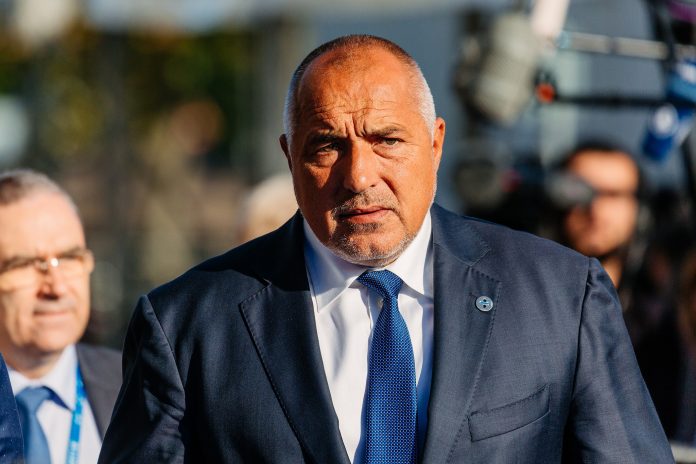When Bulgaria takes up the European Union presidency, there will be music and fireworks. It will be a big moment for the poorest country in the EU.
The Balkan nation of 7.4m people was part of the last wave of EU enlargement that reunited east and west.
However, as reported by the Guardian, questions remain over Bulgaria’s record in tackling corruption, while the presence of far-right minority parties in government has caused alarm.
According to Transparency International’s corruption perceptions index, Bulgaria is the most corrupt country in the EU.
“No one [in Bulgaria] is prosecuting political corruption, there are no ex-government officials in jail,” says Ognian Shentov, chairman of the Centre for the Study of Democracy in Sofia. “We have reached a stage of state corruption which we describe as state capture.”
A report by his organisation paints a devastating picture of corruption from the top to bottom of society. More than one in five adults, 1.3m, are thought to have taken part in a corrupt transaction, such as paying or receiving a bribe, but only 72 court cases were completed in 2015.
According to the Guardian, solvent and stable Bulgaria is not “a problem country” for Brussels. Bulgaria is not facing sanctions for the violation of the rule of law, like Poland, nor has it picked a fight with Brussels on refugee quotas, like Hungary. Neither has it required three multibillion-euro bailouts, like Greece.
Sofia’s solid finances and predictability under the centre-right prime minister, Boyko Borissov, explain why Jean-Claude Juncker, the European commission president, wants Bulgaria in the eurozone and has called for it and Romania to “immediately” join the passport-free Schengen zone.
France, Germany and other western countries have blocked the Schengen entry of the two eastern states for years over corruption concerns.

